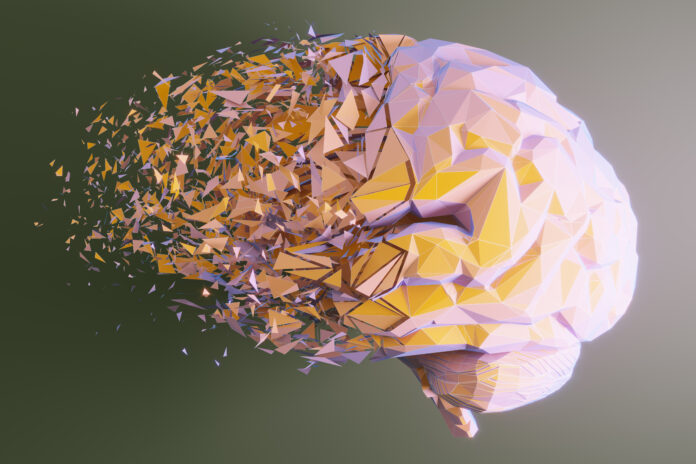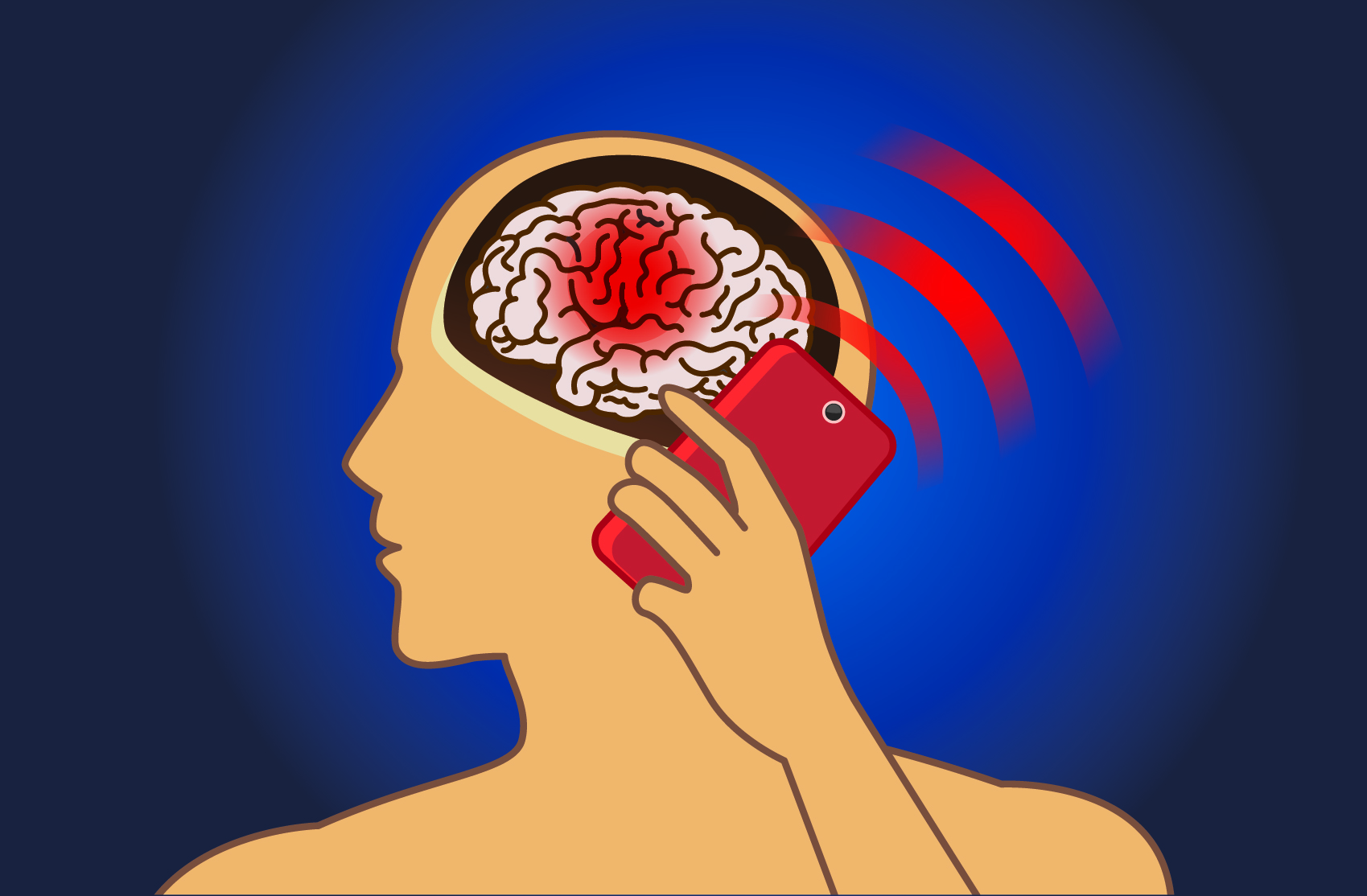As people age, they frequently become concerned about perceived changes in memory and other cognitive functions. They worry, for example, if they forget someone’s name, misplace their car keys, or forget an appointment. Sometimes such incidents are a sign of what is called mild cognitive impairment, which can be a precursor to full-blown dementia or an indicator of other medical problems.
More often, occasional memory lapses are inconsequential events that everyone experiences from time to time, especially as they get older. Given the anxiety they generate, however, it’s no wonder that many people turn to dietary supplements or engage in “brain games” and other activities they believe will help preserve or even improve their memory.
What can you do to support memory and other cognitive functions? Should you take supplements? Do crossword puzzles? What about exercise? We asked Keng Lam, M.D., a fellow in neuro-oncology at MD Anderson Cancer Center in Houston, Texas, and member of our editorial board, to explain what is helpful, what is not, and why social engagement is among the most beneficial activities anyone concerned about cognitive health can pursue.
The Wellness Letter: First, people often talk about memory when they really are referring to cognitive functioning overall, right?
Dr. Keng Lam: That’s right. When it comes to cognitive health, we tend to use the word memory as a kind of shorthand or stand-in for all sorts of capabilities. What we’re really talking about is overall cognitive functioning, which includes memory but also other factors like concentration, executive functioning, and the ability to multi-task.
WL: But I assume many people come to you complaining specifically about memory issues?
KL: That is absolutely true. The most common reason people seek care is that they report having trouble with their memory. People don’t come in as often, for example, complaining about problems with concentration. That’s because memory lapses are what people tend to notice and get concerned about as they get older—they can’t remember names or phone numbers; they lose their car keys. Also, especially when people have a friend or family member diagnosed with dementia, they might start paying more attention to even minor incidents like forgetting someone’s name. That doesn’t mean they have dementia, or even mild cognitive impairment. They just might be more self-aware or conscious of these incidents than before.
The cognitive assessment tools we use measure more than just memory. You might be asked to draw a clock, for example, or to connect the dots in a picture, which measure mental processing and hand-eye coordination. Or you might be asked to name as many animals as you can in 60 seconds, or to identify objects in pictures.
WL: Are people’s families often involved in getting them to come in for assessment?
KL: Yes. The family can sometimes be more concerned than the patient about the patient’s mental status. Family members might also have noticed changes that the person is not aware of. At times the individual might be resistant to acknowledging that anything is going on. Besides memory loss, these signs of cognitive impairment can be subtle, like certain personality changes and deficits in executive functioning and problem-solving skills. But it’s important to make clear that mild cognitive impairment can be caused not just by Alzheimer’s disease or other forms of dementia but by hypothyroidism, medication side effects, or an underlying health problem, such as sleep deprivation, depression, or anxiety.
WL: What is the difference between mild cognitive impairment and dementia?
KL: The main difference is that, with mild cognitive impairment, you are able to continue to perform activities of daily living—being able to shower, dress yourself, and feed yourself, for example. People with mild cognitive impairment might also still be able to manage their own finances, drive, and go to the store for groceries—unless they have physical impairments as well. If someone is no longer able to engage in those activities on their own, that’s when we start referring to it as dementia, but clearly there is not an exact dividing line.
Mild cognitive impairment can be progressive, but we also know that a lot of people actually stay at the impairment stage and do not progress to full-fledged dementia. We are not necessarily able to tease out who is more likely to progress. But we do know that having cardiovascular risk factors, such as hypertension, high cholesterol, and uncontrolled diabetes, certainly puts you at higher risk for progressing to dementia. These cardiovascular risk factors are also associated with more cerebral volume loss over time. So, it is important to get those factors under control, not just for cardiovascular health but for cognitive health too.
WL: So, what are some things people can do to prevent or at least perhaps slow down the deterioration of cognitive function?
KL: In terms of lifestyle factors, there are several strategies that are known to help preserve cognitive function. These include exercise, proper nutrition, and engaging in social behavior. Exercise is beneficial for cardiovascular health, as is well known, but also certainly can be helpful in preserving memory and other cognitive functions. Exercise doesn’t necessarily mean very strenuous or intense workouts. A regular walking routine, for example, is excellent exercise. Thirty minutes of walking five days a week definitely helps much more than sitting in front of the TV. If you can do more, certainly you’re welcome to. But even a modest amount of exercise is beneficial.
In terms of nutrition, I recommend what we call the Mediterranean diet or other similar eating plans that focus on foods like vegetables, nuts, olive oil, fish, fruits, and legumes rather than red meat. This diet is known to be beneficial for cardiovascular health and for reducing cardiovascular risk factors. By the same token, it is considered beneficial for cognitive health as well.
WL: What about the issue of isolation and the importance of engaging in social activities?
KL: Socializing with other people is in many ways a sort of brain tonic, similar to the way exercise stimulates your body. If you search online, there’s always a lot of advice you can find about performing certain kinds of brain exercises. These haven’t been proven to be helpful, although there is no evidence that they hurt. Engaging with other people, however, stimulates different parts of the brain compared to just doing brain exercises or crossword puzzles on your own. And socializing helps not only with preserving cognitive functioning but also with mood. We know that people who are isolated or lonely and don’t socialize much are at risk of experiencing mental health issues. And mental health actually plays a big role in terms of cognitive function.
WL: Can you explain the link between mental health and cognitive functioning?
KL: Cognitive issues can be related to untreated anxiety or depression. Sometimes a mental health disorder can manifest as a cognitive dysfunction. And treating the underlying mental health condition, whether depression, anxiety, or related issues, can improve cognitive functioning. We now refer to cognitive deficits arising from these mental health issues not as dementia but as pseudo-dementia. Beyond that, patients with dementia tend to be at higher risk for depression, anxiety, and other mental health conditions. So, addressing those is also important. At the end of the day, everything is interconnected.
WL: What about supplements? They’re constantly advertised for improving memory and brain function.
KL: Yes, there are a lot of supplements out there that claim to be beneficial for memory and brain health, such as ginkgo biloba and fish oil. But I don’t generally recommend them. The problem with supplements is that there is no evidence they actually help. And it’s important to understand that dietary supplements are not regulated the way pharmaceuticals are, so you don’t necessarily know what’s in them and whether some ingredients might be harmful, either causing side effects or interacting in unpredictable ways with prescription medications.
And a big issue with “vitamin” supplements is that they’re not ingested as part of food. We can’t assume that nutrients taken separately have the same positive effect as when they are consumed as components of the food you eat. So, for instance, if you follow a Mediterranean diet, you will get plenty of fish oil by consuming fish—you shouldn’t need fish oil supplements. We know that a good diet helps in terms of cognitive functioning. There’s no evidence that fish oil supplements offer help with preventing cognitive decline.
WL: You mentioned sleep deprivation. Can that play a big role?
KL: Yes, that can also cause cognitive problems. I think we all know that if we have a poor night’s sleep or poor sleep in general, we might not be able to think as clearly or do as well on an exam at school, for example. So, ensuring that patients have good sleep habits and addressing factors that might impede a good night’s sleep can also be important.
WL: And polypharmacy? Is that a factor?
KL: Absolutely. Polypharmacy is something that can be a problem for older people in particular. Polypharmacy is when people are taking lots of different medications for a variety of issues, which is often the case as we age. The medications might have been prescribed with good intention. But sometimes people no longer need all of them, or they no longer need as high a dose. And often no one is keeping an eye on all the medications someone is taking. The various side effects of the medications and possible interactions between them can impair cognitive functioning—they can make people confused, not to mention dizzy and prone to falls, among other problems. If these drug interactions are responsible for the cognitive issues, once the number or amount of medications is reduced, these issues tend to resolve themselves.
WL: What future development do you foresee in this field?
KL: My hope is that we will be able to develop safe treatments for preventing cognitive decline and dementia, including ways to prevent mild cognitive impairment from progressing. I would not be surprised if we have more effective options in the next 10 to 15 years. I am very much looking forward to what’s next in this area and what I will be able to offer my patients in the future.







